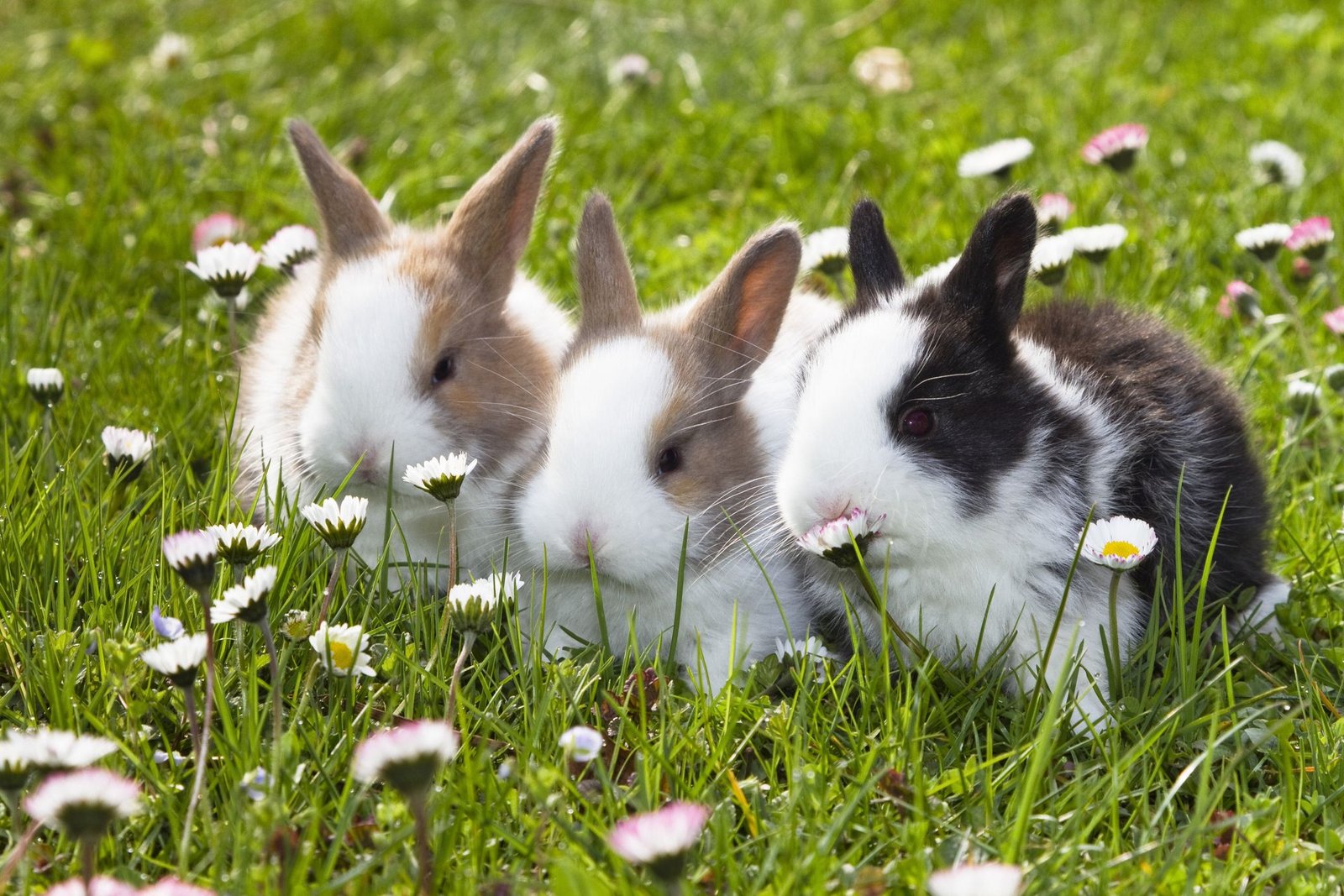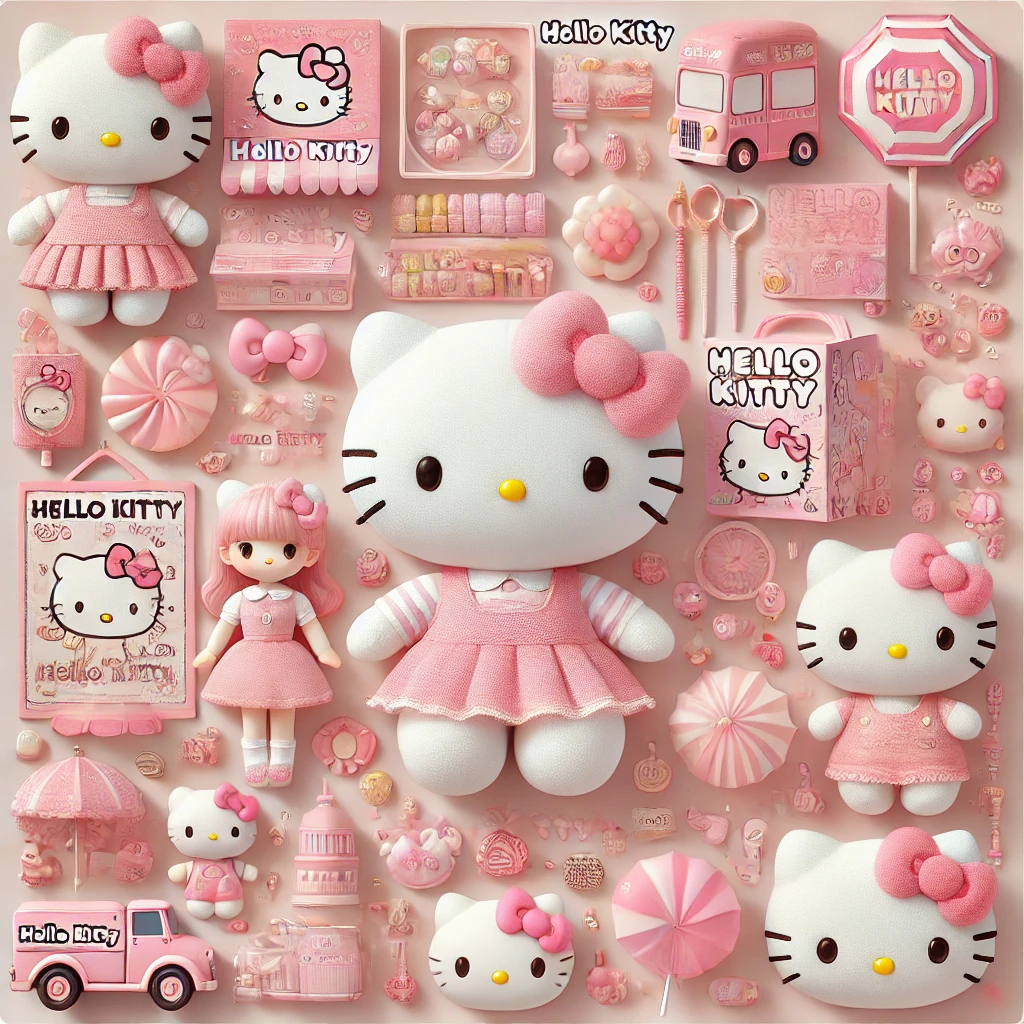Cute:etn3kgmaeay= bunny: A Guide to the Cutest Pet Companion
Cute:etn3kgmaeay= bunny, often recognized for their adorable features, soft fur, and gentle demeanor, have been a favorite pet for centuries. These small mammals belong to the family Leporidae and are cherished for their calm nature and unique personalities. Whether you’re a new bunny owner or just an admirer, understanding their characteristics is key to fostering a strong bond.
Table of Contents
2. A Brief History of Bunny Domestication
Domesticated rabbits, unlike their wild counterparts, have been bred for companionship for hundreds of years. Originally found in parts of Europe and North Africa, rabbits were domesticated around the Middle Ages. Today, these adorable creatures are common pets in households across the globe, bringing joy to millions of families.
3. Bunny Appearance: The Ultimate Cuteness

What makes a bunny so cute? Their round bodies, twitching noses, and long ears make them irresistibly adorable. Different breeds exhibit various fur colors, patterns, and sizes, but all share that signature bunny charm. Their small paws and short tails add to their overall endearing appearance.
4. Popular Bunny Breeds
There are many breeds of domesticated rabbits, each with distinct traits. Some of the most popular breeds include the Holland Lop, with its floppy ears, and the Mini Rex, known for its velvety fur. Other favorites include the Lionhead, recognized for its fluffy mane, and the Netherland Dwarf, which is one of the tiniest bunny breeds.
5. Bunny Personality and Behavior
Bunnies are known for their calm and gentle nature, but they can also be playful and energetic. While some bunnies are shy and prefer quiet environments, others are curious and love exploring. Understanding your bunny’s personality is essential to providing them with a happy and comfortable life.
6. Communication in Bunnies: How They Express Themselves
Bunnies communicate in subtle ways, often through body language. A happy bunny may “binky,” which is a joyous leap into the air. On the other hand, if a bunny thumps its hind legs, it could be a sign of fear or irritation. Learning these behaviors will help you understand their needs and emotions.
7. Setting Up the Perfect Bunny Habitat Cute:etn3kgmaeay= bunny
Bunnies require a safe and spacious environment to thrive. Cute:etn3kgmaeay= bunny A large cage or pen with plenty of room to hop around is essential. Providing hiding spots, chew toys, Cute:etn3kgmaeay= bunny and soft bedding will create a comfortable home for your bunny. It’s important to keep their space clean and free from hazards to ensure their well-being. Cute:etn3kgmaeay= bunny
8. Bunny Diet: What to Feed Your Fluffy Friend
Cute:etn3kgmaeay= bunny A balanced diet is crucial for a bunny’s health. Hay should make up the majority of their diet, providing essential fiber for their digestive system. Fresh vegetables, such as leafy greens, can be given daily, while fruits should be offered as occasional treats. Pellets are also an important part of their diet, but moderation is key. Cute:etn3kgmaeay= bunny
9. Grooming and Hygiene for Bunnies
Bunnies are naturally clean animals that groom themselves frequently. Cute:etn3kgmaeay= bunny However, regular brushing helps to prevent matting and reduces the risk of hairballs. Long-haired breeds, like the Angora, require more grooming to maintain their coat. Additionally, trimming their nails and cleaning their ears is important for their hygiene.
10. Health and Wellness of Bunnies
Like all pets, bunnies need regular veterinary care to ensure they stay healthy. Cute:etn3kgmaeay= bunny Routine check-ups, vaccinations, and spaying or neutering are important steps in maintaining their well-being. Be aware of common health issues such as dental problems, gastrointestinal stasis, and ear mites, which can affect rabbits.
11. The Importance of Exercise for Bunnies
Bunnies are active animals that need daily exercise to stay healthy. Cute:etn3kgmaeay= bunny Allowing them to hop around outside of their cage or pen helps keep them physically and mentally stimulated. Interactive toys, tunnels, and spaces to explore encourage natural behaviors like digging and chewing.
12. Bonding with Your Bunny: Building Trust
Building a strong bond with your bunny requires patience and gentle handling. Start by allowing your bunny to approach you on their own terms. Offering treats and sitting quietly nearby can help establish trust. Cute:etn3kgmaeay= bunny Over time, your bunny will become more comfortable, allowing for petting and cuddles.
13. Socializing Bunnies with Other Pets
While bunnies are social animals, introducing them to other pets, such as cats or dogs, should be done cautiously. Supervised interactions are essential to ensure your bunny feels safe. Cute:etn3kgmaeay= bunny With time and proper introductions, many bunnies can peacefully coexist with other animals in the household.
14. Common Myths About Bunnies
There are many misconceptions about bunnies, one being that they are low-maintenance pets. In reality, bunnies require just as much care and attention as other animals. Another myth is that they enjoy being picked up and held; however, most bunnies prefer to stay on the ground and may feel stressed when lifted.
15. Bunny-Proofing Your Home
Bunnies love to chew, which can be problematic if they are allowed to roam freely in the house. To prevent damage and keep your bunny safe, bunny-proofing is essential. This involves covering electrical cords, blocking off dangerous areas, and providing plenty of safe chew toys.
16. The Benefits of Spaying or Neutering Your Bunny
Spaying or neutering your bunny offers numerous health benefits, including reducing the risk of reproductive cancers. It also helps with behavioral issues, such as aggression and territorial marking. Additionally, it can prevent unwanted litters if you have more than one rabbit.
17. Adopting a Bunny: What to Expect
Adopting a bunny is a long-term commitment, as they can live up to 10 years or more with proper care. Before bringing one home, consider the time, effort, and financial responsibilities involved. Bunnies need daily interaction, a balanced diet, and a clean environment to thrive.
18. Fun Facts About Bunnies
- Bunnies’ teeth never stop growing, which is why they need plenty of hay to wear them down.
- They can turn their ears 180 degrees, helping them detect sounds from all directions.
- Bunnies are crepuscular, meaning they are most active during dawn and dusk.
- A group of bunnies is called a “fluffle” in some parts of the world.
19. The Joy of Having a Bunny Companion
Owning a bunny brings countless rewards. Their playful and gentle nature can provide endless joy and companionship. Whether you’re watching them hop around the house or snuggling on the couch, bunnies make wonderful pets that quickly become part of the family.
20. Conclusion: Are Bunnies the Right Pet for You?
Bunnies are undoubtedly one of the cutest pets around, but they also come with responsibilities. If you’re willing to invest the time and care they need, a bunny can be a loyal and affectionate companion. Before making the decision, ensure you have the space, time, and resources to provide a happy home for your fluffy friend.













Post Comment